Bird flu: Broads Society calls for help dealing with dead birds
- Published
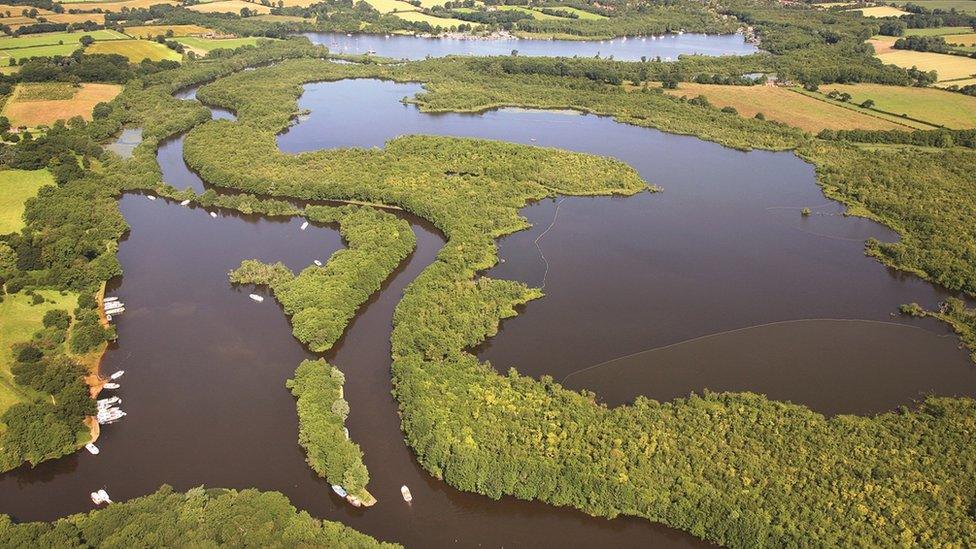
The Broads Society says it needs help to dispose of wild birds found dead on waterways that are suspected of having avian flu
The Broads Society is demanding help from government after receiving calls about wild birds being found dead or dying from suspected avian flu.
The government declared East Anglia to be the epicentre of the UK's worst-ever avian flu outbreak and imposed strict biosecurity measures.
Defra advice is to leave corpses alone and report findings, external, but landowners should dispose of birds themselves.
The Society said Broads landowners were not always able to do this safely.
More than 170 avian flu cases have been found across England in the past year, resulting in the culling of 3.2 million poultry and captive birds.
The new biosecurity measures means birds must be kept indoors, external across Norfolk and Suffolk, which includes the Broads National Park, and parts of Essex.
The measures apply to poultry and captive birds, regardless of type or size, following a decision by the government's chief veterinary officer, Dr Christine Middlemiss.
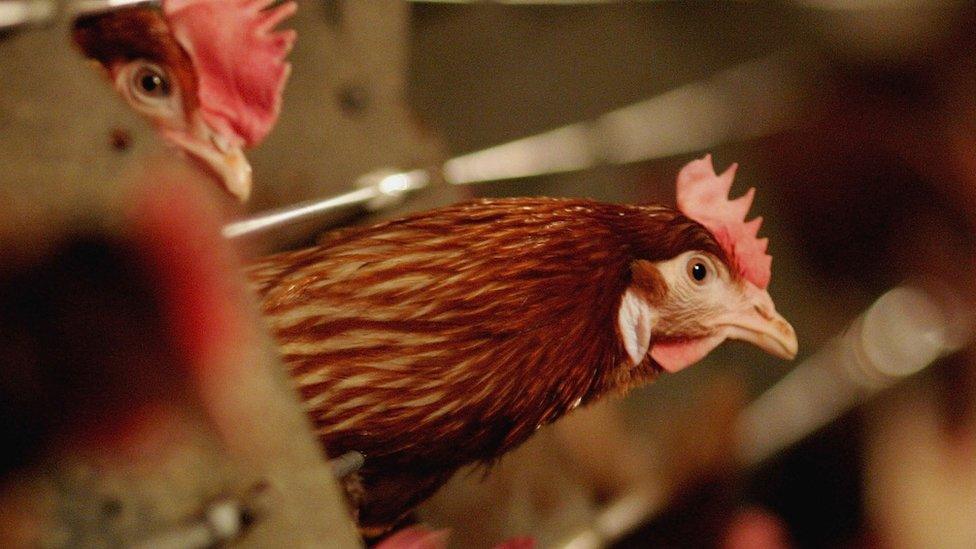
Farmers in Norfolk, Suffolk and Essex are being asked to keep flocks indoors as wild bird infections rise
Broads Society chairman Paul Rice told the Local Democracy Reporting Service that in the last fortnight it had received some 30 calls from people asking what they should do with affected birds.
He said the Society - set up to protect and promote The Broads National Park's waterways in Norfolk and Suffolk - was aware of "hotspots" on the River Thurne at Ludham Bridge, and at Wroxham and Hoveton.
At least 15 swans at Potter Heigham alone had died, while Mr Rice described seeing two dead swans at Horning this week.
"One lady in Repps called to report a dead bird on the frontage of the river next to her house," he said.
"I can only give her the guidelines that Defra have given us.
"She called me again because she gets her rubbish taken away by barge and they can't put it on there because it would contaminate everything. But there is nothing I can do.
"There should be contingency measures in place to deal with this. If it means calling in volunteers we would do it, the offer is there.
"I'm sure other groups and boatyards would help, just give us the PPE and the training."
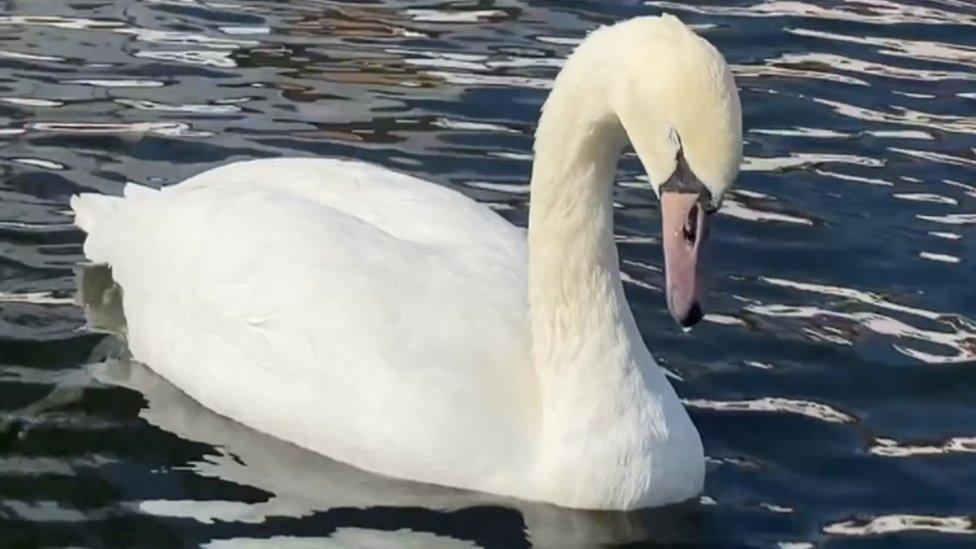
Swans seen excessively cleaning themselves on the Norfolk Broads is being regarded as a sign of avian flu
When contacted by the BBC, Defra referred to its latest guidance, external, which is reiterated by the Broads Authority, external, which is responsible for managing the national park.
This will be the second lockdown, or "flockdown" - as it has been termed by some birdkeepers - this year.
Dr Middlemiss described the rise in infections as a "global phenomenon".
The UK Health Security Agency advised that the risk to human health was very low.
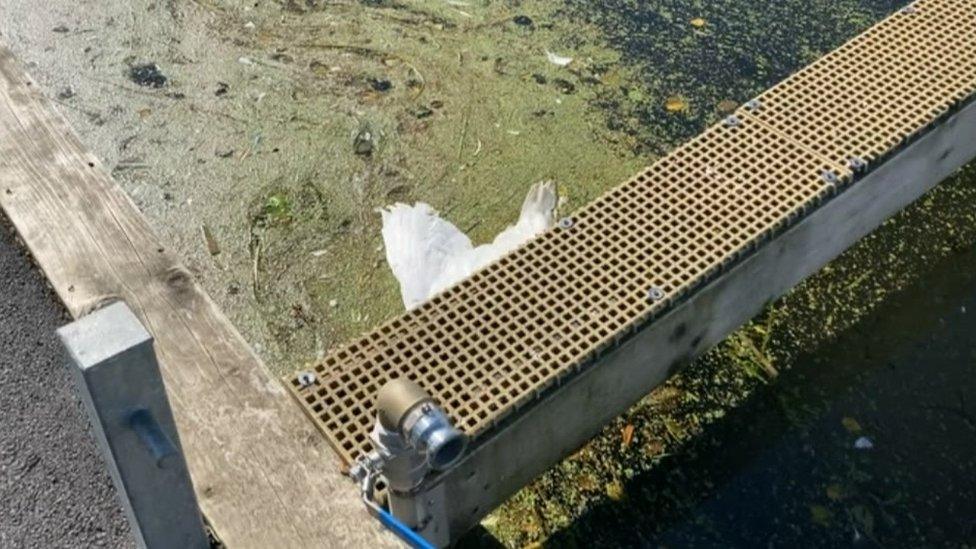
A dead swan on the Norfolk broads

Find BBC News: East of England on Facebook, external, Instagram, external and Twitter, external. If you have a story suggestion email eastofenglandnews@bbc.co.uk
Related topics
- Published11 October 2022
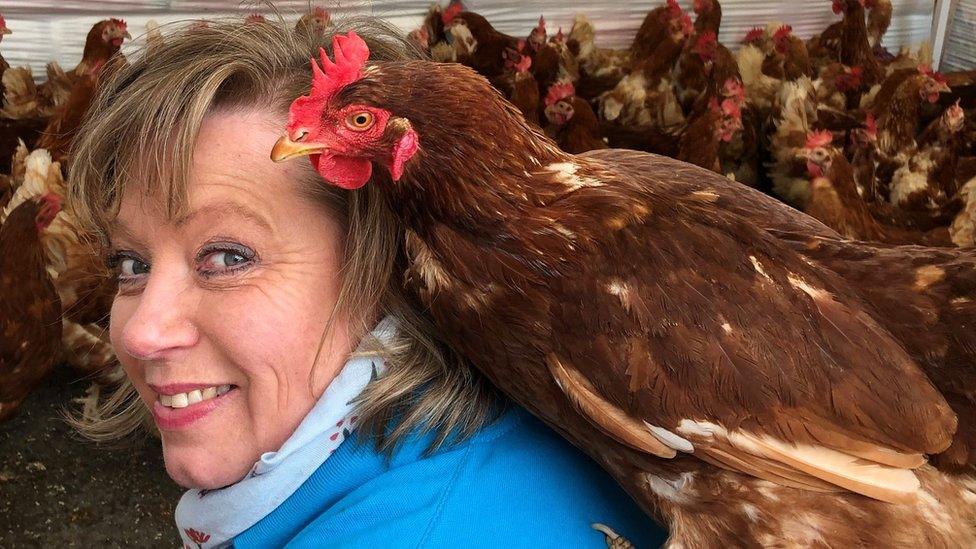
- Published8 October 2022
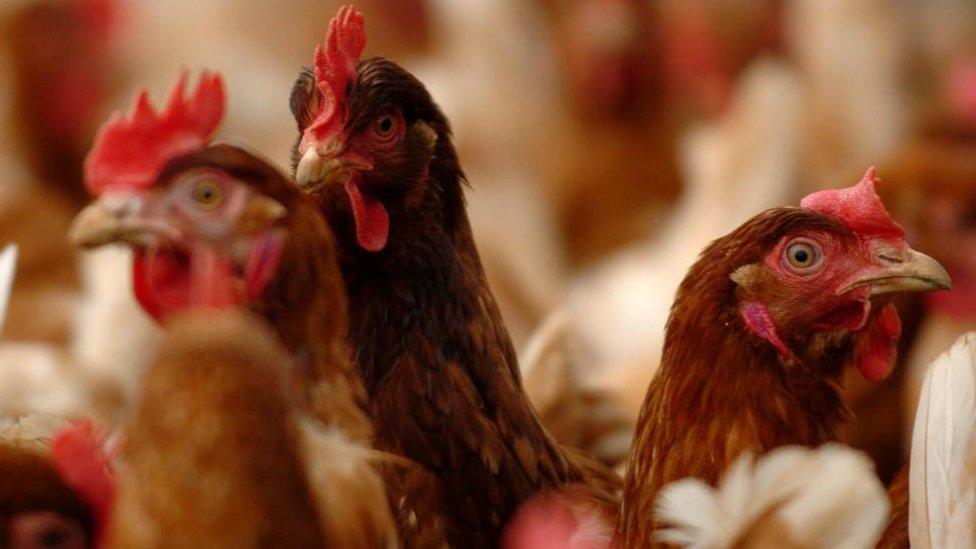
- Published29 September 2022
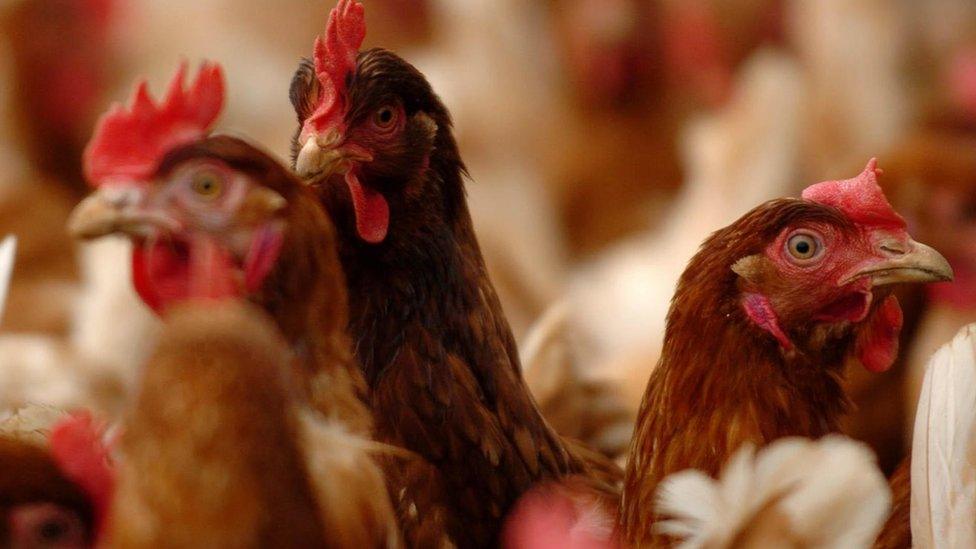
- Published3 October 2022
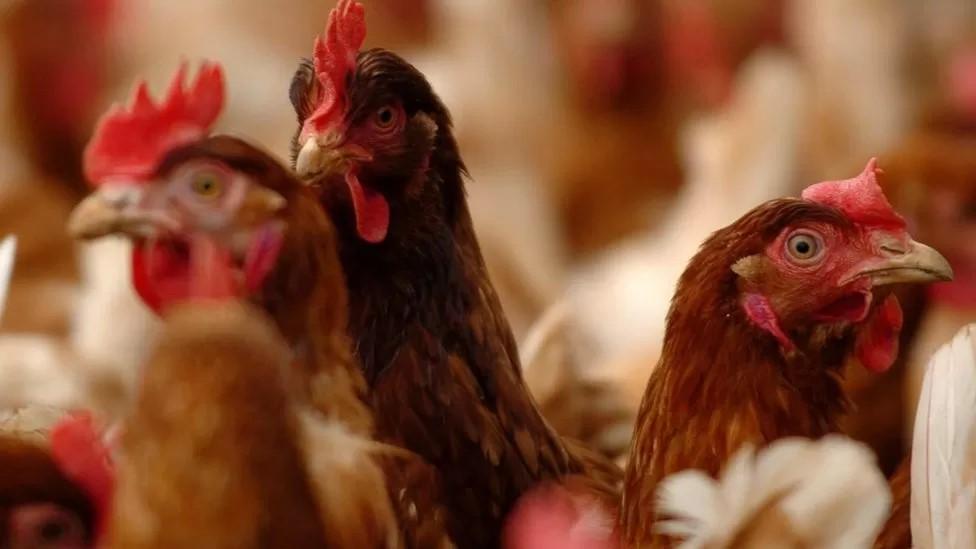
- Published1 October 2022
